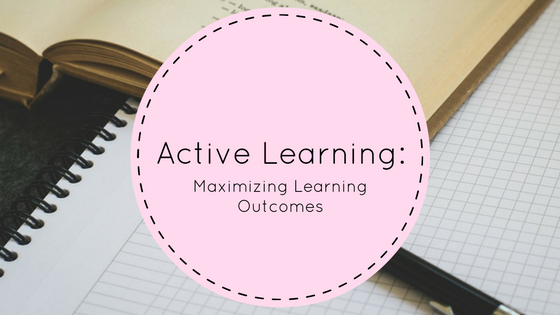
Professors, whether they be adjunct or tenured, know that student learning is paramount to a productive academic experience. In recent years, active learning techniques have become increasingly popular, as more and more classrooms are using student-driven learning methods to instruct students.
According to the book Success Strategies for Adjunct Faculty, active learning can be defined as “an approach selected by a professor in which the teaching and learning environment is designed for the learner to be actively engaged in the acquisition and processing of knowledge and information.” In classrooms that use active learning techniques, students are doing most of the work to obtain and retain information, allowing them to achieve their individual learning objectives.
A frequent strategy professors use to encourage active learning is classroom discussions. Discussions have the benefit of engaging more than a handful of students and allowing students to work through right and wrong conclusions together. Instead of the professor telling the students what is correct, they are allowed to come to that conclusion together, making the knowledge more meaningful and memorable.
Another active learning technique that may work for kinesthetic learners is role-playing. In role-playing activities, students are given a prompt (which can range from very simple to very complex) and instructed to act out their response. This technique works well with humanities classes but can also be used by creative STEM professors to communicate biological or chemical processes.
A final example of student-driven learning would be student presentations on a given topic. Student presentations can be considered active learning because students are doing most of the legwork to sort through and find information relevant to the given prompt, and students often have to engage deeply with the material in order to prepare their responses. Student presentations have the added benefit of giving students practice in an important skill of public speaking, which can come in handy frequently throughout their lives.

